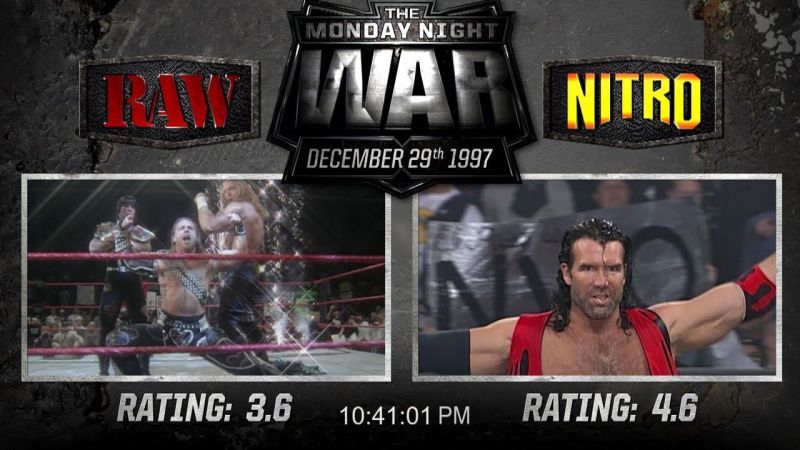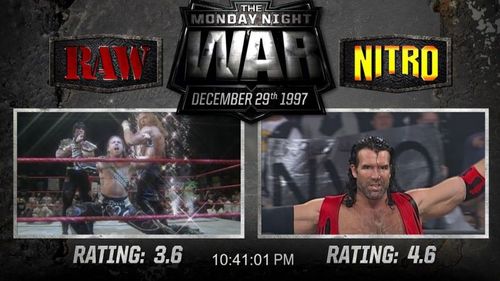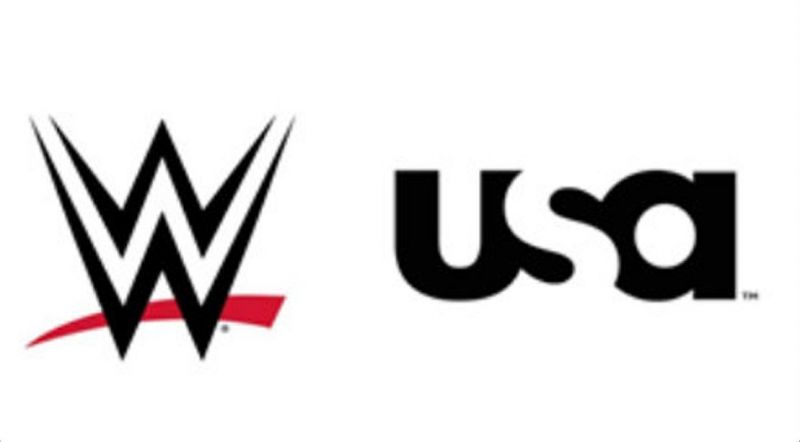
10 Signs a new "Wrestling War" is brewing.

Wrestling has always been a very competitive business. Despite being shunned by most major media outlets as 'trashy' or anti-intellectual, pro wrestling continues to thrive even as other stalwarts of the broadcasting industry--such as nightly news programs--are fading into obscurity.
When you examine the history of pro wrestling, you'll find it used to be a fairly regional business. Much like you might find Schnuck's stores in the midwest and HEB grocers in Texas, the brand of wrestling you encountered would be different depending on what part of the country you lived in.
That all changed when two entities in the 1980s began duking it out for supremacy. One was the then-WWF, which had made major strides largely by invading the territory of other promotions and courting their major talent. The other was the NWA, ostensibly a clustering of various regional promotions, but many recognize Jim Crockett as the unofficial ruler of the National Wrestling Alliance.
Eventually, JC Productions would be bought by Ted Turner, and while the NWA continued to exist as its own entity for all intents and purposes NWA stars became WCW stars. As WWE achieved global dominance, WCW began to lure away their rival's major stars, including the biggest star of the 1980s--Hulk Hogan.
Thus began the Monday Night War, a period in which WWE had to share the market with a rival nearly as large and determined as themselves. Both companies pulled out all the stops to outdo each other, and the period is fondly remembered by fans as one of the most dynamic and exciting times in wrestling history.
WWE would win the Monday Night War, and buy out the rival WCW promotion. Despite a brief attempt by TNA wrestling to oppose WWE on Monday nights, Vince McMahon's federation has been the unquestioned ruler of sports entertainment since 2002.
But that could all be changing. Wrestlers are funding their own shows, utilizing social media, and taking control of their own brand. And smaller federations, which are normally shut out of major broadcast deals with television media, are able to utilize the internet and streaming to get their product in front of the eyeballs of wrestling fans the world over.
In this ever-changing landscape, could it be that a new wrestling war is brewing? Here are ten signs that this could come to pass.
#1.Cable network deals don't mean what they used to.

Something that used to hold smaller federations back was their inability to get their product seen by a mass audience. Cable television is fiercely competitive, and only those shows who can garner sufficient ratings and advertising are considered for promotion or prime time slots.
WWE formed a partnership with USA network back in the 1980s, when cable was king. Their long association led to Monday Night Raw, a program that has been on the air for longer than many wrestling fans have been alive.
However, times are changing. Cable television must now contend with many challengers due to streaming services and the internet. While federations like PWG may not be able to secure a deal with a major broadcasting company, they can film and distribute their shows via the internet with relative ease. To be clear, any serious challenger to WWE's supremacy will likely HAVE to get a network deal, but it's no longer the game changer it once was.